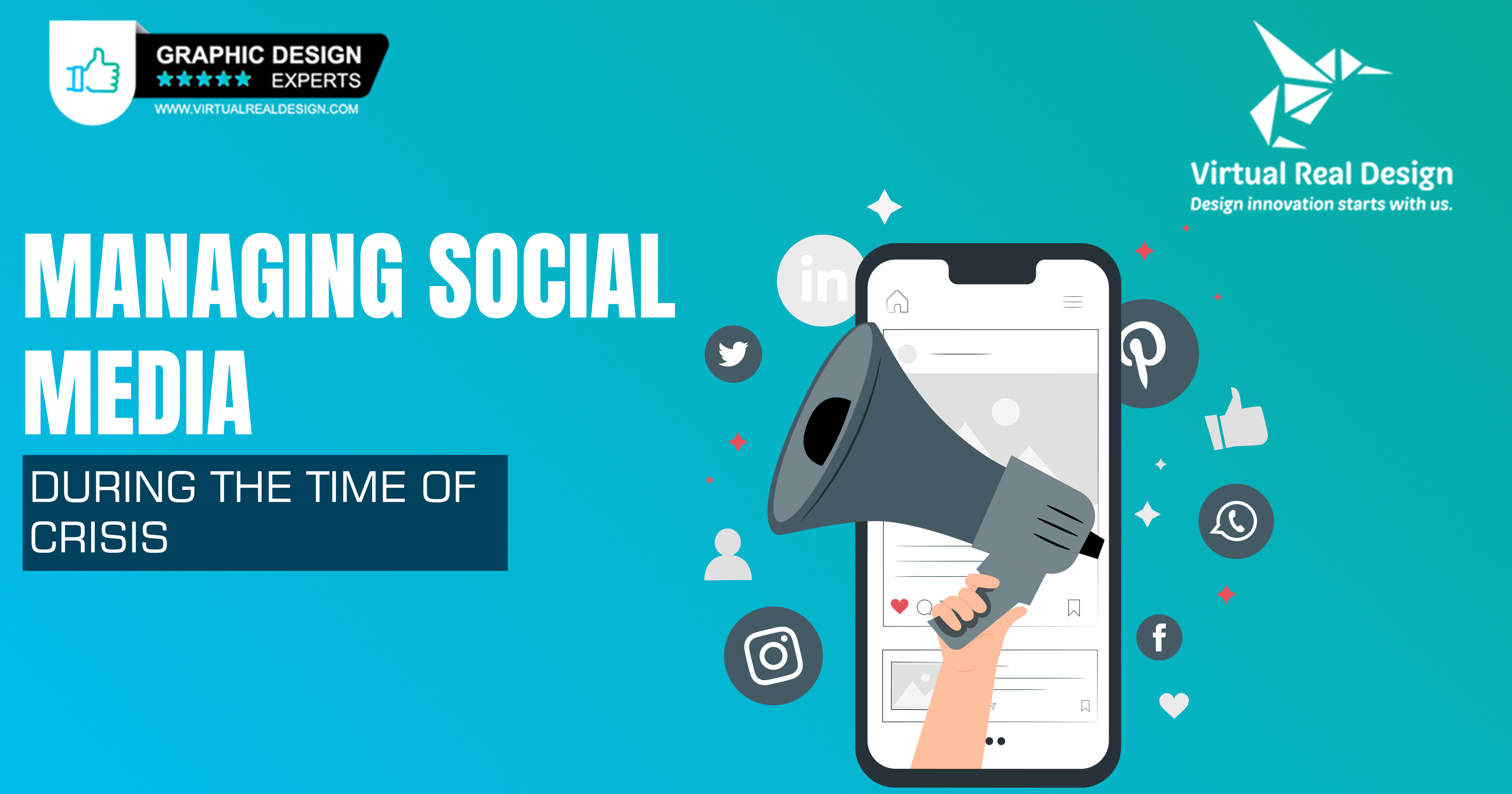Social Media is a game of rapid change. Even if a global pandemic will not turn the world upside down, social media platforms revolve around a 24-hour news cycle, distributing information about the world around us and responding to that. Social media is a continuously involved discussion channel, from pop culture chatter to political discussions held on Facebook.
But what do you do when the news is grounded in a global pandemic that everybody cares about? In times of crisis, of course, people look to each other and their societies. The internet has been a venue for expressing anxieties, sharing valuable information(or misinformation) and offering comfort for a long. It is maybe more than ever during these times that the brand needs to mobilize a contact and social media strategy.
PIVOT
Planning content schedules in advance is a common practice on social media. To base their content around, communication managers predict hot subjects, holidays, and related events as much as possible. However, reflecting on existing plans is crucial when a crisis hits. The ads and videos you had designed would more than likely be best suited for another time.
Acceptance of the audience's desires will become a focus of the communication. If you keep publishing content without solving a problem, you risk being incompetent and tone-deaf, which will alienate you from your audience.
Use this time instead to exercise transparency. Let your audience know you are hearing and sharing their thoughts or worries during this period. In a time of crisis, policies and public opinion can continuously change. Test your planned content at least once a week, and make changes when required. Our style has always been light-hearted, welcoming and sarcastic on social media. It was important to us that we maintained our voice in the brand but applied sensitivity. To position ourselves as a source of comfort and inspiration for our community, we started creating materials to post on our platforms, such as stress relief guides and work from home tips.
COMMUNICATION
A conversation is at the center of social media, particularly during some uncertain times. While marketing professionals prefer to concentrate on metrics and conversions, in times of crisis, we urge you to move away from click-driven content. Instead, change your focus to being a part of the Twitter, Facebook, Instagram, LinkedIn and even Tik-Tok conversations.
We use different forums to create a community and express or strengthen your audience's voices. We engage our followers by tracking community-specific patterns, and leading a conversation or joining it.
LEND A HAND, WHEREVER POSSIBLE
It's almost assured that any business sector will face an impact during a global crisis. And while many brands will strangely get inserted into conversations, there may be an opportunity for your brand to help. As more and more companies relocated to home offices in the aftermath of the COVID-19 outbreak, mobilizing our efforts to meet the crowd made sense for our organization.
We based our attention on being helpful virtual workforce leaders from remote job guides and forums to product discounts. We have refurbished our copy on many ads to show the importance our services had during this period. We have also restated our dedication to the artistic community.
COLLABORATE
As described in this article, during times of crisis people look for community’s help. Look for ways on social media sites to utilize that. Creating content that encourages mass participation, such as a guide to personal growth. You can also give and address suggestions on things that people can do on their own (or virtually). The outbreak of COVID-19 resulted in high demand for virtual summits, as conferences and activities were delayed or canceled. That provided an excellent opportunity for industry leaders to collaborate. Through sharing space, content and commitment, the professional networks expand. The audiences receive an experience that they might not have had without the collaboration.
FINAL THOUGHT
No matter how much we're planning for the future, unexpected events will eventually cause us to reconsider our game-plan on social media. However, we must be able to deal with the disasters that come our way by practicing accountability, fostering culture, and finding ways to be of the greatest benefit to our audience.
